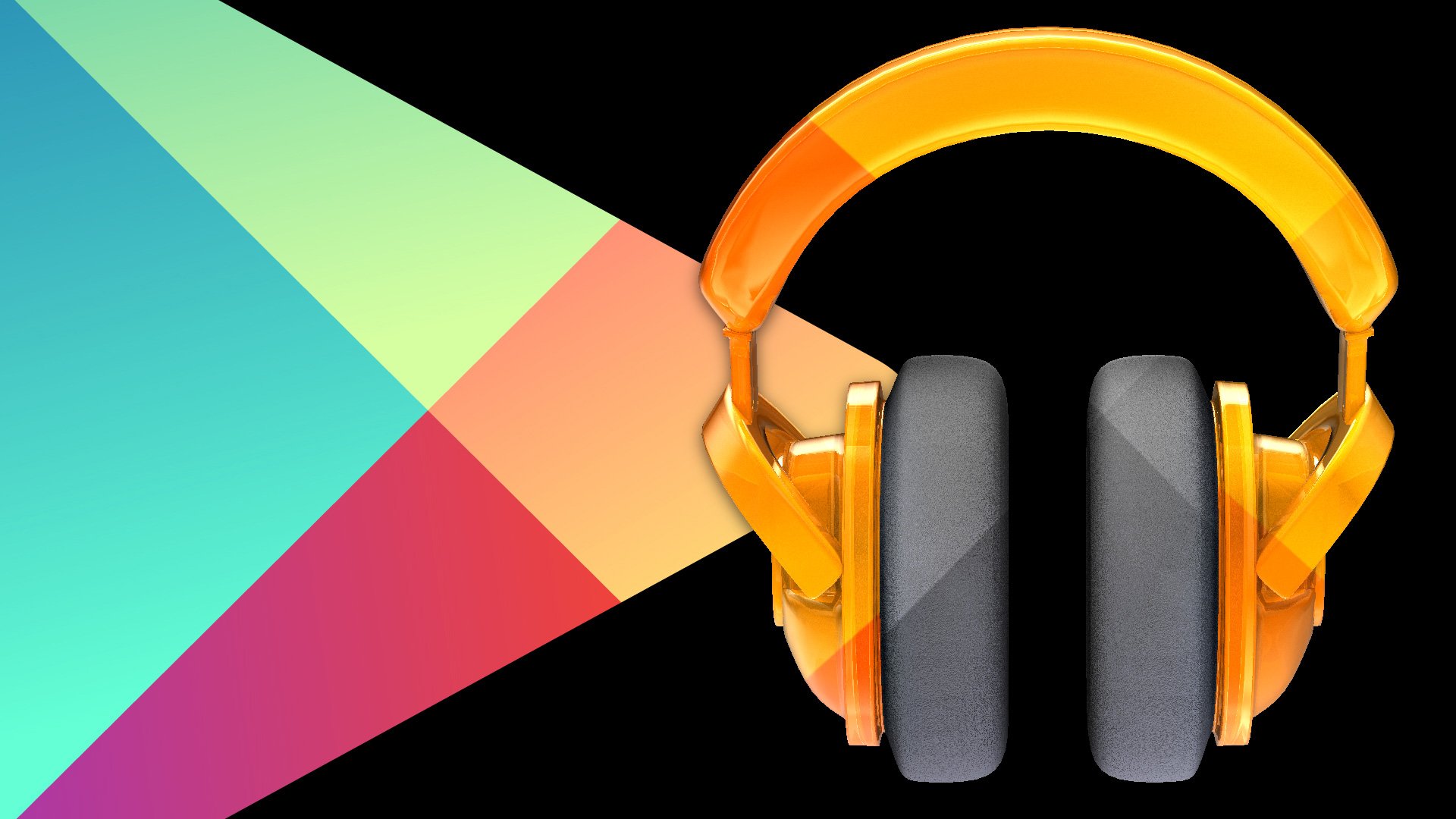INTERVIEW: Sanjiv Parikh, vice president of marketing for FutureDial, talks to smartphone-biz.news about its mobile content management service and its potential to generate revenue for operators and retailers.

Apple has shown how its App Store can be a lucrative earner – and has inspired similar ventures from the likes of Google’s Android, Blackberry, Nokia and even the as-yet-unlaunched Palm Pre.
But how can wireless operators and even retailers ensure they maximise their earnings from the lucrative mobile content market?
Software company FutureDial believes it has the answer.
Sanjiv Parikh, vice president of marketing for FutureDial, said its Retail Management Solution (RMS) 4.0 allows mobile content to be directly loaded to handsets at store counters – an industry first.
He said the "Buy Content" feature enables retailers to sell user-selected content from an integrated online content site at a store counter.
"Online content is still very difficult to access using phone browsers. It’s still not very user friendly," he said.
"So when someone is buying a new phone, the store would ask if they want the content transferred from their old phone, but also if they are interested in games, applications, music files and so on for their new phone.
"It’s an additional up-selling opportunity."
Parikh said initial feedback suggested this new feature was having a "huge impact" on clients’ business.
He said the idea was to provide operators or retailers with complete flexibility when it came to providing their own content.
With this in mind, FutureDial also offers a solution to clients that have their own music or content portal.
Main Markets
RMS is supported on over 1000 handsets and this number is continually being added to – at a rate of 50 new handsets a month, if necessary.
FutureDial’s main markets are the US and Europe, with a major UK carrier deal expected to be announced "shortly".
Parikh said the latest version of RMS – launched at MWC in Barcelona last month – helps stores to close the sale on new phone purchases, maximize customer acquisition and retention, and increase ARPU.
As well as allowing content downloads, RMS also offers users phone-to-phone content transfer, backup and restoration services across thousands of handset models at the store counter.
The mobile content transfer service handles personal address books, pictures, calendars, messages, and audio/video files.
A major addition in RMS 4.0 is an operation from a tablet-sized touch-screen online terminal called Talisman for "mobile personalization" services, either for use by store staff or as a customer self-service kiosk.
Solution Aids Content Management
Parikh said the content transfer, back-up and restore features of RMS essentially address the issue of how consumers manage old phone content when switching handsets.
He said it helps consumers move personal content – and to protect it by offering a backup and restore function.
These aspects of the solution work in two ways.
Firstly, with operators and equipment retail stores so that when a consumer switches phone, content can be transferred and backed-up at the store counter.
He said that the more tech-savvy user was happy to do this themself at home – and FutureDial provides a product that connects mobiles to PCs to back-up and download content.
Backing-up: "Complex & Tedious"
But he said for many people it was a complex and tedious process.
"What we found based on our home back-up offering is that many customers didn’t like to do this themselves," he said.
"They would rather have someone do it for them and they are willing to pay for the service.
"This has turned into a major opportunity for service providers."
Around 70 per cent of stores using RMS charge for the service.
Parikh said a fear of losing content and data – which often involves a huge investment of time and effort – also put many people off changing their handsets.
But he said that even if they overcame that fear, simply by changing to a new phone could result in lost revenue for operators.
"When users start with a new phone it can take up to 18 weeks before they come back to the original usage levels of the old phone," he said. "That’s a lot of user revenue lost."
That wasn’t the case with RMS because content is instantly transferred onto a new handset – enabling usage to continue as before.
Loyalty Has Rewards
Parikh said RMS’s second function is to create loyalty in users by ensuring they return to stores for future back-ups – and so creating the potential for sales of sleeves, cover and other accessories.
He said one US operator using RMS in hundreds of its stores had seen a marked upturn in user loyalty.
"This loyalty element really helps operators avoid churn and sell more," he said. "It’s a revenue opportunity but it also give consumers the feeling that the service provider is taking care of them.
"That’s a major element in such a fiercely competitive market."
Please let us have your comments on RMS – will in-store content delivery and back-up appeal to the mass market?


 NOKIA WORLD 09.
NOKIA WORLD 09.  This very slim (14mm) handset features stroke-sensitive, 3.2 inch 16:9 widescreen nHD, that enables to fit 20 shortcuts onto a home screen, 32GB internal memory, 5 megapixels with Carl-Zeiss optics and dual LED flash, built-in features to edit videos, show them on TV or online, built-in
This very slim (14mm) handset features stroke-sensitive, 3.2 inch 16:9 widescreen nHD, that enables to fit 20 shortcuts onto a home screen, 32GB internal memory, 5 megapixels with Carl-Zeiss optics and dual LED flash, built-in features to edit videos, show them on TV or online, built-in 











